India’s journey as a sovereign nation began in 1947, marking the dawn of independence and establishing the world’s largest democracy. At the heart of this democracy is the role of the Prime Minister, a position that has been pivotal in shaping the country’s destiny. The Prime Minister of India is not just the head of the government but also the architect of the nation’s progress, steering the country through challenges and towards development.
History
The position of the Prime Minister in India was established following the country’s independence from British rule in 1947. With the adoption of the Constitution in 1950, the role was formally recognized as the supreme executive authority of the Indian government. The political landscape at the time was charged with nation-building amidst the partition’s aftermath and the need for social and economic reform.
List of Prime Ministers of India
India has seen diverse leaders take on the mantle of Prime Minister, each bringing their unique vision and leadership style to the forefront. Here, we delve into these leaders’ contributions, challenges, and legacies.
Jawaharlal Nehru (1947–1964, Indian National Congress)
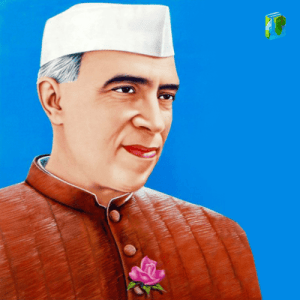
- Key Contributions: Pioneering the non-aligned movement, establishing a secular democracy.
- Challenges Faced: Partition, first Indo-China War.
- Legacy: Laid the foundations of modern India; emphasized science and technology.
Gulzarilal Nanda (1964; 1966, Acting Prime Minister, Indian National Congress)
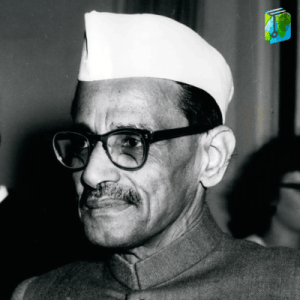
- Key Contributions: Steered the country during transitional periods after the deaths of Nehru and Shastri.
- Challenges Faced: Maintaining stability during national mourning and political uncertainty.
- Legacy: He is remembered as a stabilizing figure in India’s political landscape during times of crisis.
Lal Bahadur Shastri (1964–1966, Indian National Congress)
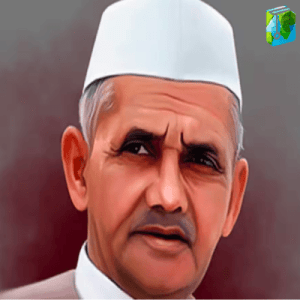
- Key Contributions: Promoted the White Revolution – a national campaign to increase the production and supply of milk – and the Green Revolution in India.
- Challenges Faced: The 1965 India-Pakistan War over Kashmir.
- Legacy: Coined the slogan “Jai Jawan Jai Kisan” (Hail the soldier, Hail the farmer), emphasizing the importance of soldiers and farmers to India’s security and development.
Indira Gandhi (1966–1977; 1980–1984, Indian National Congress)
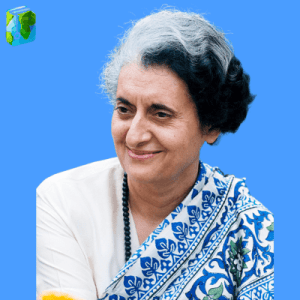
- Key Contributions: Led India through the Green Revolution, enhancing agricultural productivity. Played a key role in the creation of Bangladesh in 1971.
- Challenges Faced: Faced criticism for the Emergency (1975-1977), 21 months of autocratic rule.
- Legacy: India’s first and, to date, only female Prime Minister; remembered for strong leadership but also controversial periods of governance.
Morarji Desai (1977–1979, Janata Party)
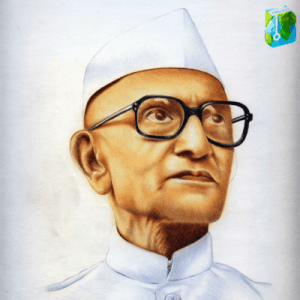
- Key Contributions: Promoted policies of peace and non-alignment. Strengthened ties with Pakistan and China.
- Challenges Faced: Political instability within the Janata Party led to his resignation.
- Legacy: Oldest to become Prime Minister; awarded Pakistan’s highest civilian award for improving Indo-Pak relations.
Charan Singh (1979–1980, Janata Party)
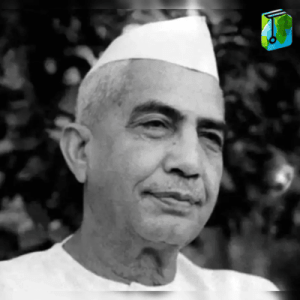
- Key Contributions: Advocated for the rights and welfare of farmers and the rural population.
- Challenges Faced: His government was short-lived due to a lack of parliamentary support.
- Legacy: Known as the ‘Champion of India’s Peasants.’
Rajiv Gandhi (1984–1989, Indian National Congress)
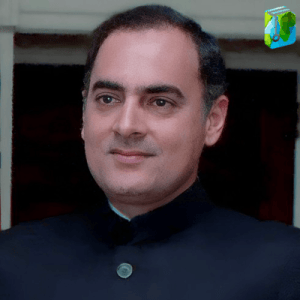
- Key Contributions: Led India into the Information Age and initiated the development of telecom and technology industries.
- Challenges Faced: Major challenges were faced, such as the Bhopal Disaster and the anti-Sikh riots.
- Legacy: He is remembered for his efforts in leading India towards the 21st century through technology.
V.P. Singh (1989–1990, Janata Dal)
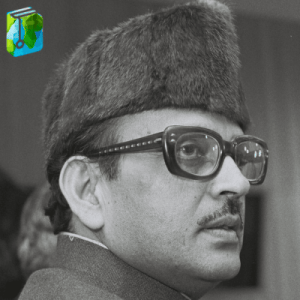
- Key Contributions: Known for his decision to implement the Mandal Commission report, recommending reservations for OBCs in government jobs and educational institutions.
- Challenges Faced: His tenure saw intense political unrest and opposition due to the Mandal Commission’s implementation.
- Legacy: His legacy is marked by his role in advancing social justice and the political turmoil it sparked.
Chandra Shekhar (1990–1991, Samajwadi Janata Party)
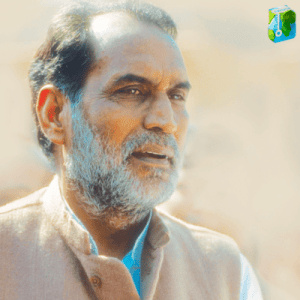
- Key Contributions: Navigated India through a major economic crisis by pledging gold to the IMF for a loan.
- Challenges Faced: Governing with a minority, his tenure was marked by economic instability.
- Legacy: His tenure is often noted for the steps taken toward liberalizing the Indian economy.
P.V. Narasimha Rao (1991–1996, Indian National Congress)
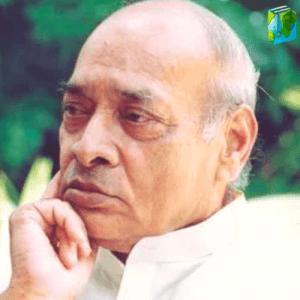
- Key Contributions: Architect of India’s economic liberalization; introduced sweeping reforms that altered the course of India’s economy.
- Challenges Faced: Political challenges within his party and managing coalition politics.
- Legacy: Remembered as the “Father of Indian Economic Reforms.”
Atal Bihari Vajpayee (1996; 1998–2004, Bharatiya Janata Party)
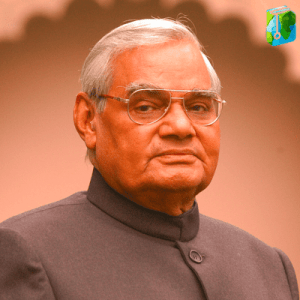
- Key Contributions: Notable for nuclear tests 1998, improving infrastructure, and fostering India’s IT industry.
- Challenges Faced: Managing coalition governments; faced criticism for handling the Gujarat riots.
- Legacy: Lauded for his diplomatic efforts, particularly towards improving Indo-Pak relations.
H.D. Deve Gowda (1996–1997, Janata Dal)
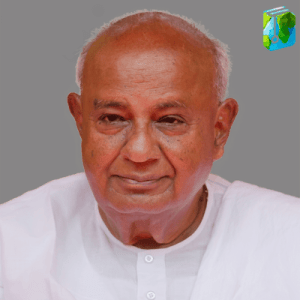
- Key Contributions: Focused on the welfare of the rural population and tried to improve the agricultural sector.
- Challenges Faced: His tenure was marked by instability and challenges in coalition management.
- Legacy: Remembered as a leader with a strong commitment to rural India.
Inder K. Gujral (1997–1998, Janata Dal)
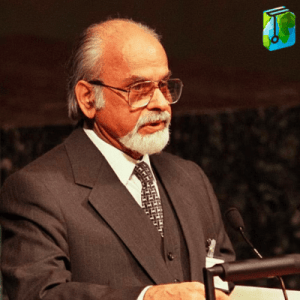
- Key Contributions: Promoted the “Gujral Doctrine” in India’s foreign policy, emphasizing good relations with neighbors.
- Challenges Faced: His government was short-lived due to the withdrawal of support by Congress.
- Legacy: Known for his diplomatic efforts in improving relations with India’s neighbors.
Manmohan Singh (2004–2014, Indian National Congress)
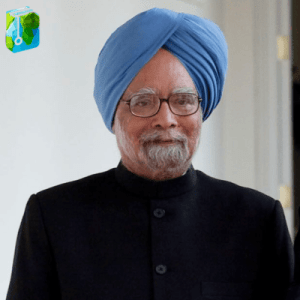
- Key Contributions: Economic reforms and sustained growth; Indo-US nuclear deal.
- Challenges Faced: Allegations of corruption and governance challenges in his second term.
- Legacy: Viewed as a respected economist and a leader who oversaw a period of significant economic expansion.
Narendra Modi (2014–Present, Bharatiya Janata Party)
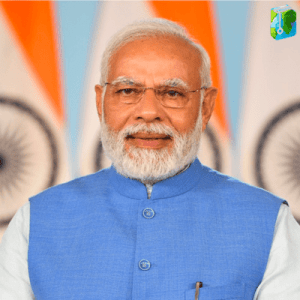
- Key Contributions: Initiatives like ‘Digital India’, ‘Make in India’, and significant tax reforms including GST.
- Challenges Faced: Economic disruptions due to demonetization and GST implementation; handling of the COVID-19 pandemic.
- Legacy: His tenure has focused on digital governance, economic reforms, and a strong stance on national security.
Each Prime Minister of India has contributed to the nation’s journey in a unique way, facing distinct challenges and leaving behind a legacy that continues to influence India’s path forward.
Each Prime Minister of India has contributed to the nation’s journey in a unique way, facing distinct challenges and leaving behind a legacy that continues to influence India’s path forward.
Notable Prime Ministers: Detailed Profiles
While each Prime Minister has left an indelible mark, figures like Indira Gandhi, known for her decisive leadership during the Bangladesh Liberation War, and Manmohan Singh, recognized for liberalizing the Indian economy in 1991, warrant deeper exploration for their transformative impacts on India.
Evolution of Leadership in India
India’s Prime Ministers’ leadership style and priorities have significantly evolved, reflecting global and domestic shifts. From Nehru’s idealistic vision to Narendra Modi’s focus on ‘Digital India,’ each leader has adapted to the challenges and opportunities of their time, shaping India’s path towards development and self-reliance.
The Prime Minister’s Role Today
Today, the Prime Minister’s role encompasses addressing modern challenges such as digital transformation and climate change and maintaining a balance between development and sustainability. Narendra Modi, the current Prime Minister, has emphasized initiatives like ‘Make in India’ and ‘Swachh Bharat Abhiyan’ (Clean India Mission), aiming to enhance economic growth and civic infrastructure.
Conclusion
The legacy of India’s Prime Ministers is a testament to the resilience and dynamism of its democracy. From the early days of independence to the contemporary era of globalization, each Prime Minister has contributed to shaping a multifaceted and robust nation. As India continues on its path of progress, the leadership of its Prime Ministers remains crucial in navigating the complexities of the 21st century, reinforcing India’s place on the global stage.
This article offers a glimpse into the pivotal role played by the prime ministers of India in not just governing the largest democracy in the world but also in envisioning and forging a path towards a progressive and inclusive future. Their legacies, fraught with challenges and crowned with achievements, continue to inspire and guide the nation forward.
